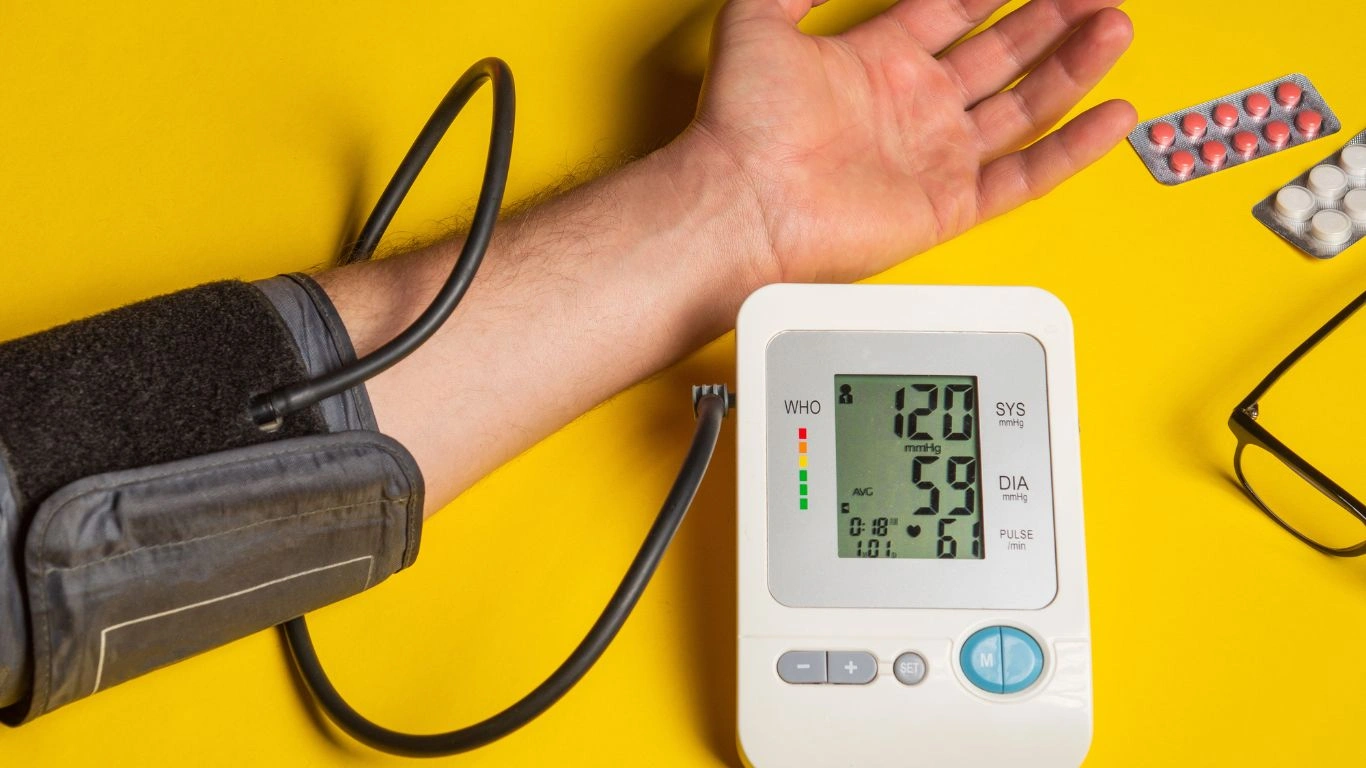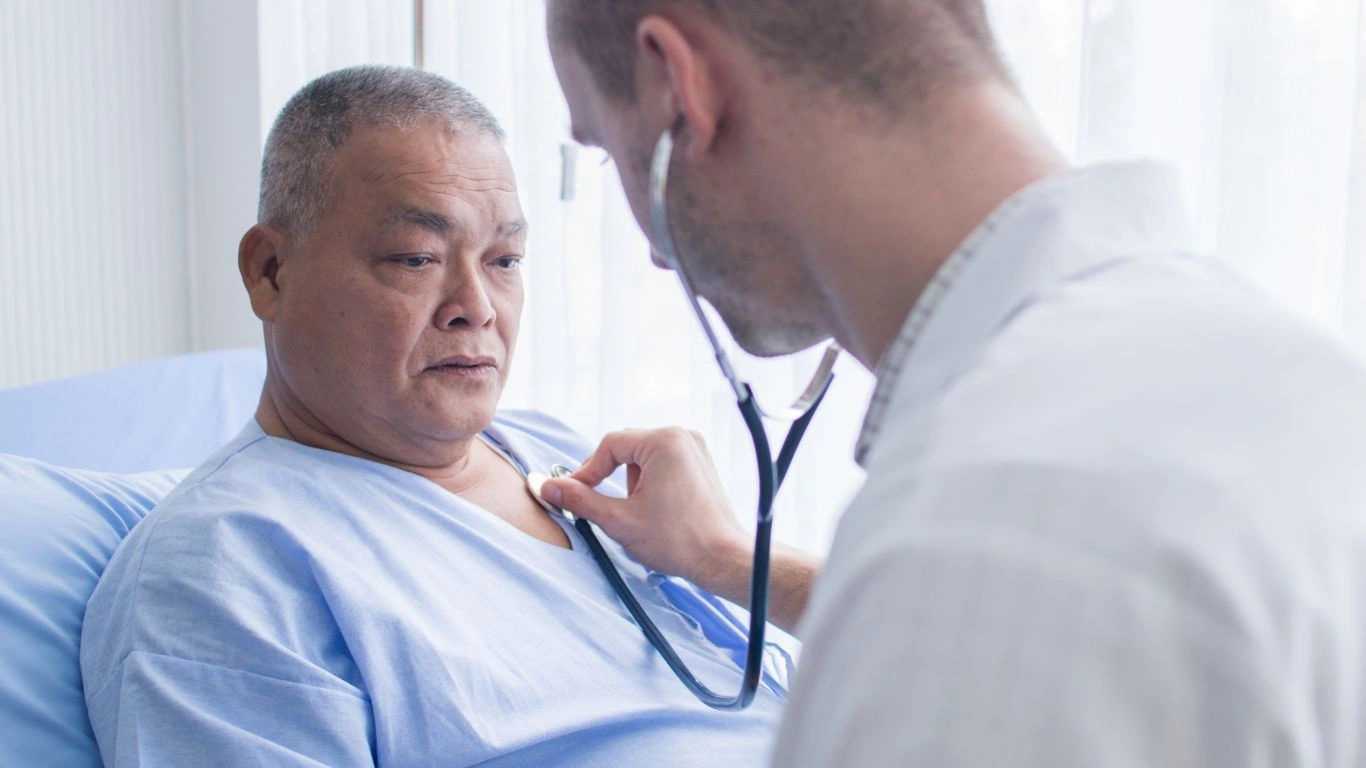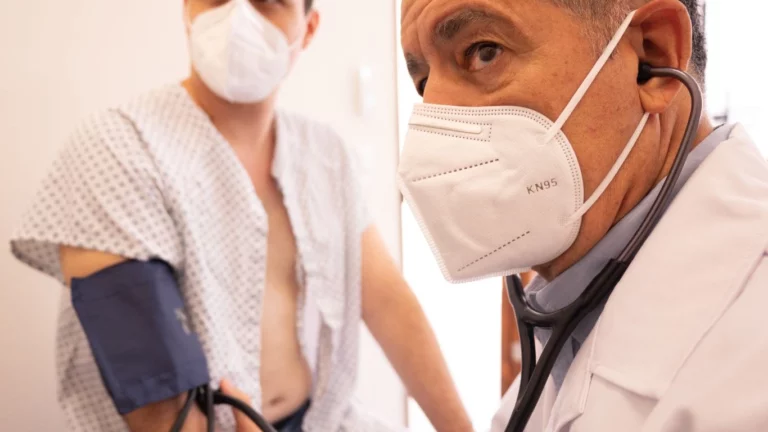Foods to Avoid for High Blood Pressure – A Comprehensive Guide
Managing high blood pressure (hypertension) involves more than just medication—what you eat plays a huge role in controlling it. Certain foods can raise your blood pressure, making it harder to keep it within a healthy range. In this article, we’ll explore the foods you should avoid if you’re dealing with high blood pressure, as well as some helpful tips for a heart-healthy diet.
High blood pressure affects millions of people worldwide, and while lifestyle changes can help, diet is one of the most crucial factors in managing it. Avoiding certain foods can help reduce your blood pressure and prevent complications. Let’s dive into the foods that are best left off your plate if you’re trying to keep hypertension in check. 
1. Salty Snacks and Processed Foods
One of the biggest contributors to high blood pressure is excess sodium. Sodium is often hidden in processed foods like chips, packaged meals, and frozen dinners. Even foods that don’t taste overly salty, like canned soups or bread, can pack a sodium punch.
Why Sodium is Bad for High Blood Pressure
Sodium causes your body to retain more water, which increases the volume of blood in your bloodstream. The higher the blood volume, the higher the pressure on your artery walls, making your blood pressure rise.
What to Avoid:
- Potato chips
- Pretzels
- Canned soups and vegetables
- Processed meats (like bacon and sausages)
- Packaged snacks (including granola bars and crackers)
So, next time you’re in the snack aisle, it’s best to check the sodium content on the label to make sure you’re not overdoing it. 
2. Red Meat and Fatty Cuts of Meat
While red meat is a great source of protein, it’s often loaded with saturated fats, which can contribute to high blood pressure by raising your cholesterol levels. Elevated cholesterol can lead to clogged arteries, further increasing blood pressure.
How Fatty Meat Affects Your Blood Pressure
Saturated fats can make your heart work harder to pump blood, which increases pressure in the arteries. Plus, these fats can also cause your body to store more fat, leading to weight gain, which is another risk factor for high blood pressure.
What to Avoid:
- Fatty cuts of beef (e.g., ribeye steak, T-bone)
- Pork and lamb with high-fat content
- Processed meats like salami, hot dogs, and pepperoni
Instead, try lean protein sources like chicken, turkey, or plant-based options like tofu and lentils, which won’t impact your blood pressure as much.
3. Caffeine
For those who love their morning coffee or energy drinks, it might be time to reconsider. Caffeine can cause a temporary spike in blood pressure, especially for people who are sensitive to it or drink it in large amounts.
Why Caffeine Might Affect Blood Pressure
Caffeine triggers the release of adrenaline, which can increase heart rate and blood pressure. For people who already have high blood pressure, this can lead to an undesirable increase in blood pressure.
What to Avoid:
- Coffee (especially if you consume multiple cups)
- Energy drinks
- High-caffeine sodas
If you can’t completely give up caffeine, try switching to lower-caffeine options like green tea, or decaffeinated coffee, which are gentler on your blood pressure. 
4. Alcohol in Excess
While a small glass of wine might not cause significant harm, excessive alcohol consumption is linked to high blood pressure. Drinking large amounts of alcohol can raise your blood pressure and also contribute to weight gain, which further exacerbates hypertension.
How Alcohol Affects Blood Pressure
Alcohol is a depressant that can initially lower blood pressure, but in the long run, excessive drinking can lead to sustained high blood pressure. Plus, alcohol can interfere with medications used to control hypertension.
What to Avoid:
- Binge drinking
- Regular consumption of multiple alcoholic drinks per day
If you drink alcohol, do so in moderation. For men, this means no more than two drinks per day, and for women, no more than one.
5. Sugary Foods and Drinks
Consuming too much sugar—especially added sugars—can increase your risk of high blood pressure and other related health issues. Sugary drinks like sodas and sweetened beverages can spike your blood sugar levels and lead to weight gain, both of which are risk factors for hypertension.
Why Sugar is a Risk Factor
Excess sugar contributes to obesity and insulin resistance, both of which are linked to high blood pressure. Additionally, sugary foods may cause inflammation in the arteries, making it harder for your heart to pump blood efficiently.
What to Avoid:
- Sugary soft drinks (including sodas and energy drinks)
- Candy and sweets
- Baked goods made with refined sugar (like pastries and cakes)
Instead, swap out sugary treats with fresh fruit, which provides natural sugars along with fiber, vitamins, and minerals that are better for your health. 
Conclusion
Managing high blood pressure doesn’t just mean avoiding one or two foods—it’s about making long-term lifestyle changes. By cutting back on salty snacks, red meats, caffeine, alcohol, and sugary foods, you can improve your blood pressure and reduce your risk of serious heart problems. Start small: replace processed snacks with healthier alternatives, switch to lean proteins, and be mindful of your sodium intake. Every step you take to eat healthier will contribute to better blood pressure control.

Dr. Gwenna Aazee is a board-certified Internal Medicine Physician with a special focus on hypertension management, chronic disease prevention, and patient education. With years of experience in both clinical practice and medical writing, she’s passionate about turning evidence-based medicine into accessible, actionable advice. Through her work at Healthusias.com, Dr. Aazee empowers readers to take charge of their health with confidence and clarity. Off the clock, she enjoys deep dives into nutrition research, long walks with her rescue pup, and simplifying medical jargon one article at a time.







